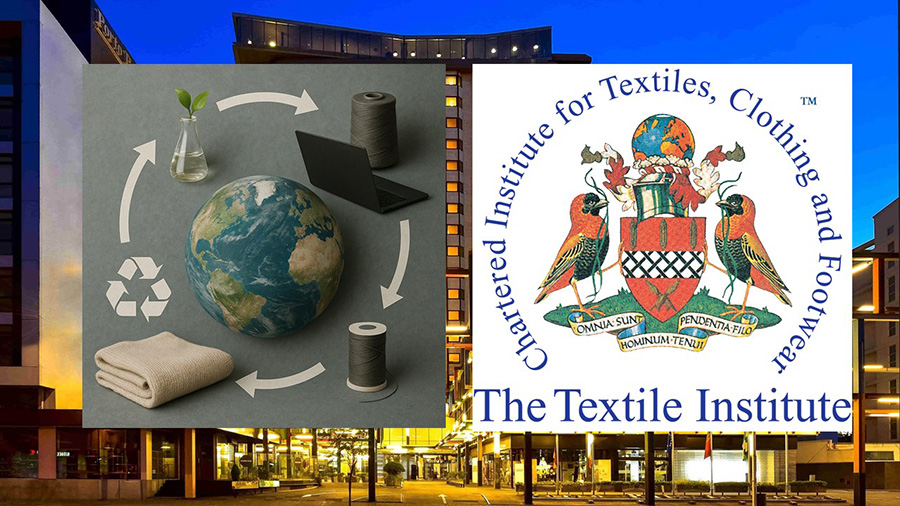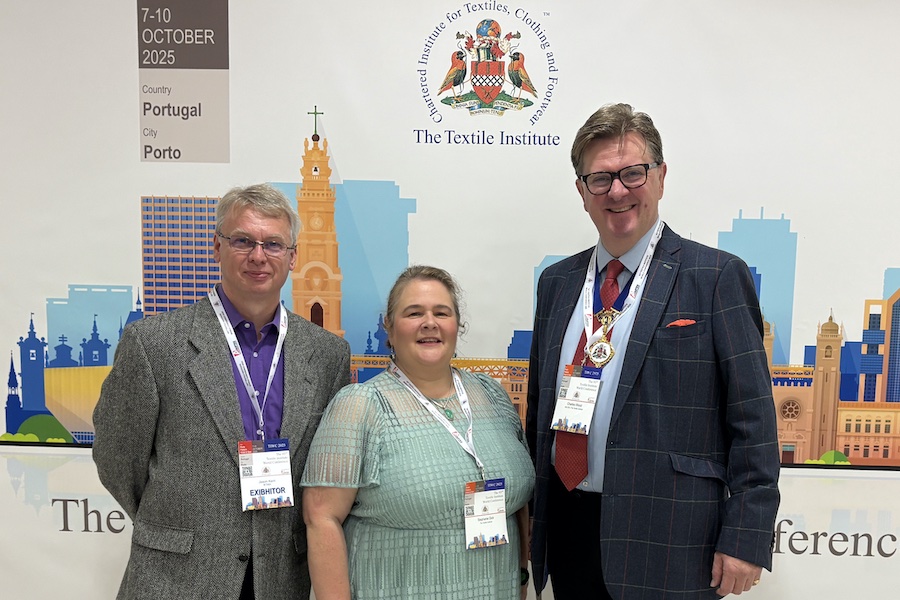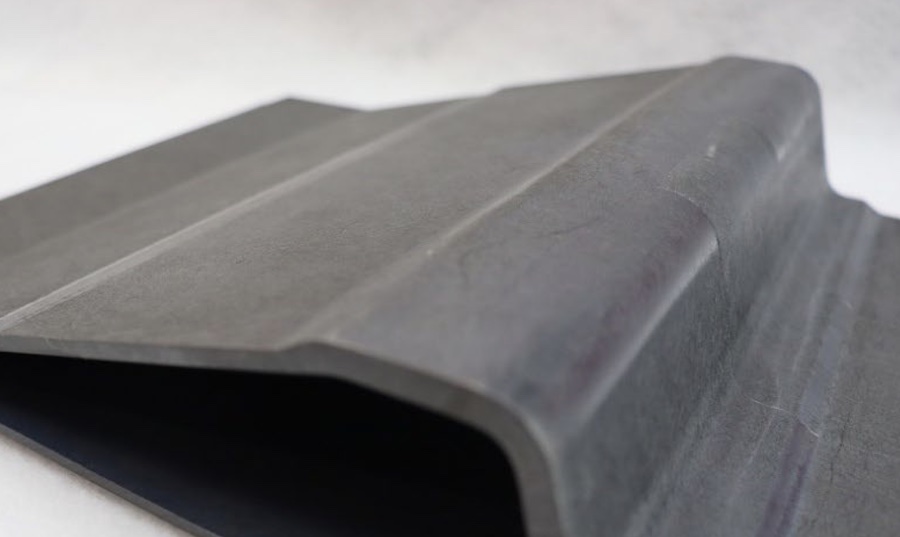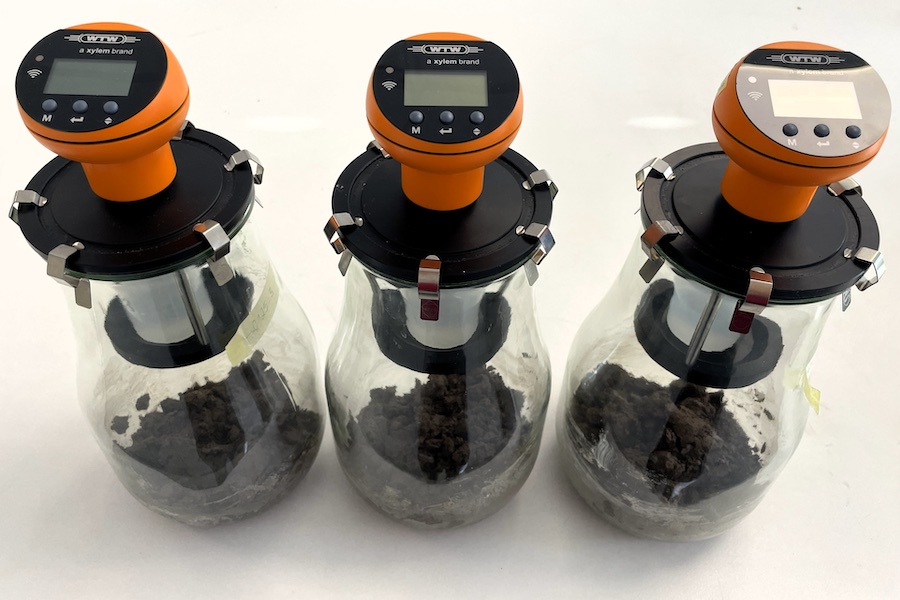#Research & Development
Global textile research themes to converge at TWIC 2025

In a comprehensive and truly international programme, the close collaboration between researchers on separate continents will be highlighted, with a major focus on the further development of technologies and practices assisting in the need for advanced fibre-to-fibre recycling as a means of accelerating a circular textiles economy.
Research teams working continents apart are arriving at strikingly similar solutions – circularity, digital integration, cleaner chemistry and human-centred reform are all criticlal. These interlocking themes will define this year’s conference.
Circularity will be one of the most prominent concepts underpinning the programme and researchers from Manchester in the UK, for example, will share their evaluation of end-of-life garments and show how almost half of those currently sent to waste could be channelled into advanced recycling.
From Chemnitz in Germany, new knitting technology will be presented that allows higher proportions of recycled content in cotton fabrics while retaining softness and durability.
Case studies from Bangladesh and Pakistan will meanwhile explore how local enterprises are already adopting closed-loop systems and circular business innovations, with recycled yarns reaching the supply chains of major global brands.
Taken together, the many presentations addressing circularity will demonstrate how waste is beginning to shift from a burden to a new raw material, while also pointing to the infrastructure and policies that will be needed to make such systems commercially viable.
Alongside this, the conference will also highlight the revolution now taking place in digitalisation.
Far from being a niche domain of design software, digital tools are becoming the backbone of sustainability itself. Work will be presented on blockchain, digital product passports and RFID systems that trace garments throughout their lifecycle, strengthening consumer trust and helping businesses meet new regulatory requirements.
New methods of digital textile printing and open-source knitting software will also be discussed, offering designers the ability to localise production and work with greater creative agency.
The message of these projects is clear – digitalisation is not an add-on to sustainability but one of its primary enablers.
Perhaps most significant at TWIC 2025 will be the attention given to the human dimension of sustainability.
In Sri Lanka, small and medium-sized apparel manufacturers will be shown to face critical health and safety risks as climate change brings rising temperatures, air pollution and extreme weather. A new assessment tool will be introduced which is helping firms build resilience and protect workers.
The Sustainable Fibre Alliance will also demonstrate how cashmere herders, traders and processors in Mongolia are being engaged in a collective effort to reduce rangeland degradation and safeguard livelihoods.
UK fashion educators will further share approaches to preparing the next generation to embrace circular models and ethical consumerism, equipping future designers to balance profit with responsibility. At the consumer end, new research will reveal misalignments between brand recommendations for garment care and the behaviour actually adopted by wearers, showing that communication must evolve.
“These examples will remind delegates that technology and recycling alone cannot deliver sustainability without parallel shifts in culture, education and policy,” says Textile Institute CEO Stephanie Dick. “The global nature of the challenges facing textiles is already widely acknowledged and climate change, waste, toxic chemicals, unsafe labour practices and consumer overconsumption have combined to make fashion and textiles one of the world’s most scrutinised industries. What will emerge from this conference, however, is an unmistakable sense of convergence and solid progress.”
Further information on the event ar available at the website of The Textile Insitute















